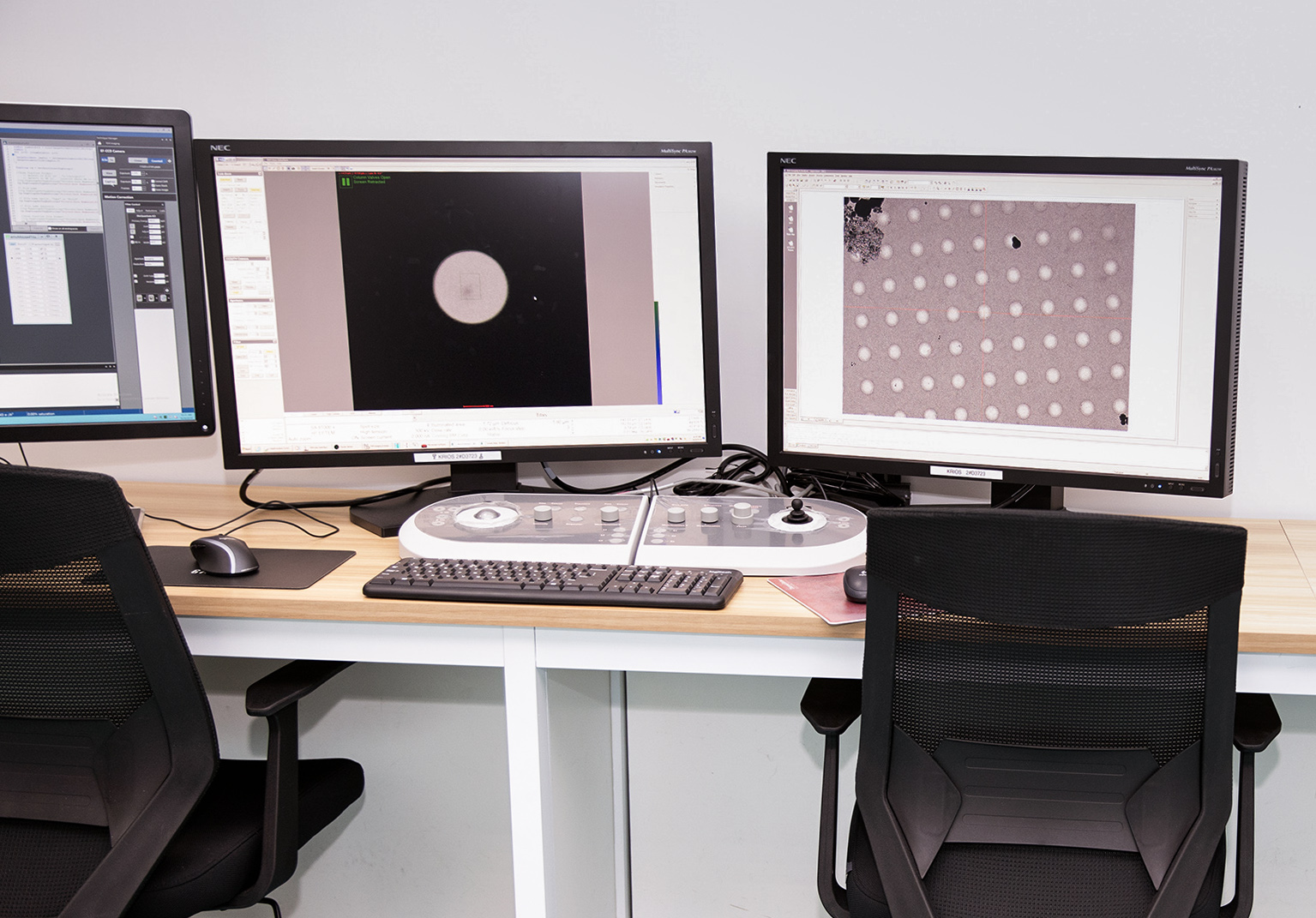What You Need to Know Before Calling a Junk Removal Service

Got clutter and junk piling up around your house? Maybe an overstuffed garage or a basement you can’t even walk through? It happens to all of us eventually.
When it gets to the point of being unmanageable, calling in the pros is your best bet for reclaiming your precious space back from the junk vortex.
But with so many junk removal services to choose from, how do you pick the right one? What should you ask them beforehand? And what will they actually haul away for you?
Here’s what to expect from the junk removal process and make the decision easier when the time comes to pick up the phone.
What Types of Items Do They Take?
Junk removal experts like itspurgepros.com are equipped to haul away almost anything, with just a few exceptions. And unlike friends who might “throw their back out,” these guys do the heavy lifting for a living.
So, what types of items do they take?
- Furniture – Couches, chairs, mattresses, tables, TV stands. Even that hideous plaid recliner from the 70s your grandma left you.
- Appliances – Washers, dryers, dishwashers, refrigerators, and AC units. As long as they’re empty and degreased beforehand.
- Outdoor items – Bikes, grills, lawn mowers, treadmills, kids toys, patio furniture. Even sheds if they can access them.
- Renovation debris – Old carpeting, lumber, doors, sinks and tubs, cabinets, tile, insulation. Tear outs from bathroom or kitchen upgrades.
- Electronics – TVs, printers, computers, stereos. Call ahead to ask if CRT TVs or monitors are accepted, as they contain lead.
- Misc household items – Books, décor, lamps, shelves, sporting goods like kayaks. Clothes and fabric if donated in boxes.
Of course, there are limitations, but most junk removal services accept 90% of what average homeowners need removed. What do they NOT take?
Off Limits: Hazardous Materials
For liability reasons, junk pros cannot transport anything potentially hazardous or toxic. This includes:
- Paint, thinners, solvents, motor oil, cleaners, pesticides.
- Light bulbs.
- Propane tanks.
- Any chemicals or combustibles.
If you’re unsure, ask them beforehand if an item is allowed. Check around your property for old gasoline containers, herbicide bottles, or car batteries tucked away.
Set this dangerous stuff aside for designated local hazardous waste drop-off days to dispose of it responsibly.
Check Licensing and Insurance Coverage

Unlike freelance haulers using their personal pickup trucks and trailers, professional junk removal companies should be fully licensed, bonded and insured for residential work by the state.
This protects homeowners if any mishaps occur on your property. Ask to verify their credentials before booking.
At minimum, they should carry general liability insurance. Coverage for workers compensation, property damage, and bodily injury are also standard.
If a company isn’t properly licensed and insured, don’t hire them. It’s not worth the risk.
Do They Recycle and Donate?
Environmentally conscious companies divert as much junk as possible away from crowded landfills. Ask potential haulers about their sustainability practices.
- They should recycle materials like glass, plastics, cardboard, metals, electronics at approved facilities. EPA-certified companies properly manage hazardous e-waste.
- Donations of clothing, furniture, and household goods in working order might be delivered to charities like Goodwill or Salvation Army if items are high-quality enough. Ask about partnerships.
- Resale opportunities through consignment may be possible for valuables like jewelry, golf clubs, tools in good condition. Inquiries can’t hurt.
Diversion rates topping 75% aren’t unusual for eco-friendly operations so less waste winds up in landfills. It reflects well on their values.
What’s Their Service Area?
While national franchises can handle wider regions, independent junk businesses tend to concentrate on specific metro areas and surrounding suburbs.
Be clear on where exactly they’ll drive to. Hauling out to far rural counties or across state lines costs extra in time and labor.
Suburban neighborhoods and downtown urban areas are generally cheaper and more convenient for them to access quickly. Consider it when getting estimates.
Do You Need to Prepare Your Junk?
Save them effort by breaking down junk piles ahead of time so heavy or oversized items can be easily loaded.
Think disassembling stacked flat-screen TVs, draining hot tubs, collapsing piles of boxes flattened, containing loose debris.
For furniture or appliances, clear wide paths to create direct access. That 300 pound sleeper sofa won’t budge itself!
If able-bodied, lend a hand carrying smaller goods to the truck since less steps saves movers time and energy. You’ll probably get tired just watching.
And lastly, control pets indoors and supervise kids playing outside to prevent disruptions or interference during loading. Fewer distractions let crews finish faster.
Wrap-up
Your junk removal checklist simplifies decision fatigue after gathering background. Once you’ve settled on a trusted company meeting needs at a fair price, you can relax! Clear communication and reasonable expectations prevent most headaches.
On haul away day a competent crew will efficiently load up your mounds of unwanted junk and leave with it quickly so you can reclaim home space back. Such a burden lifted!





